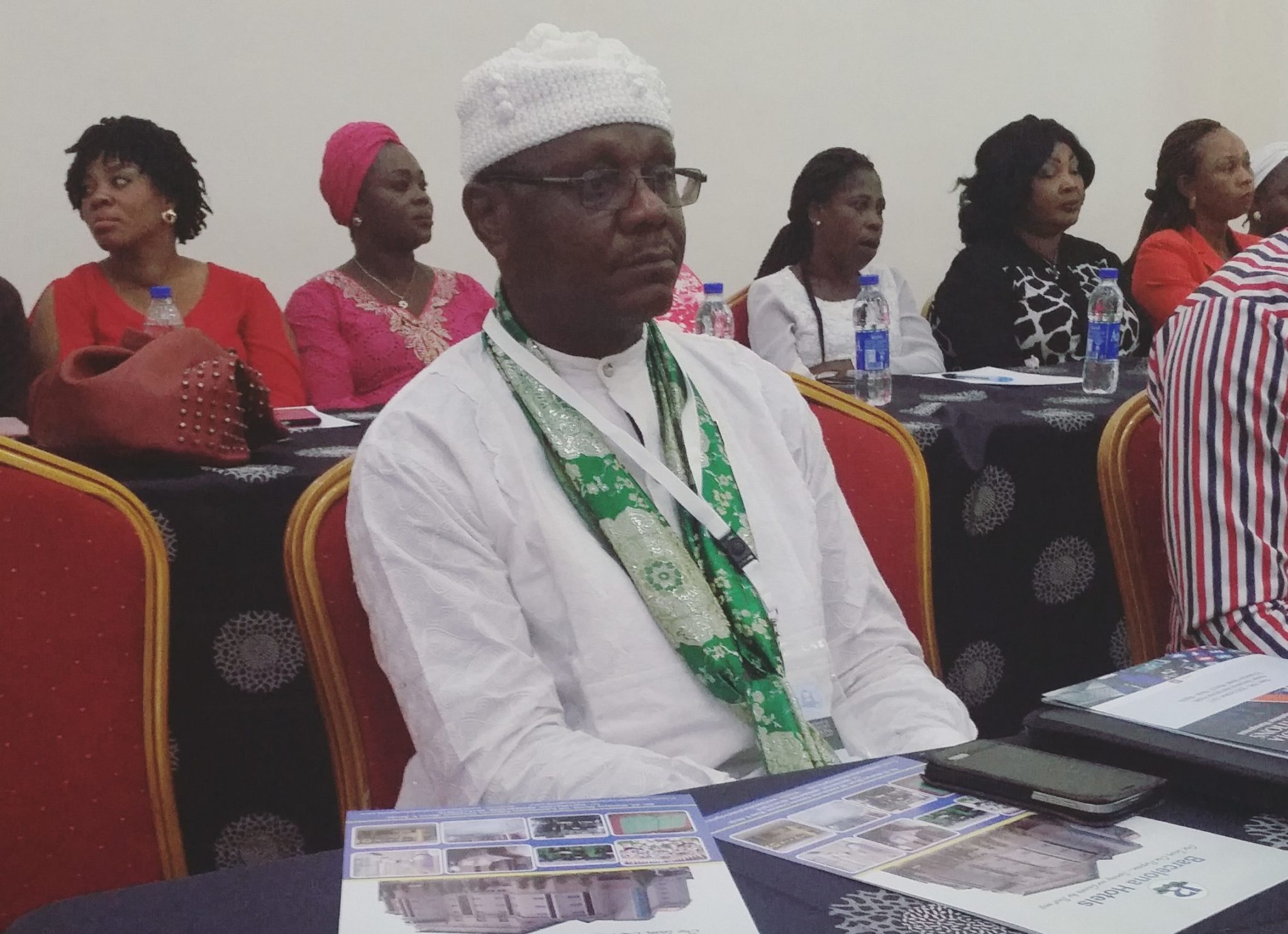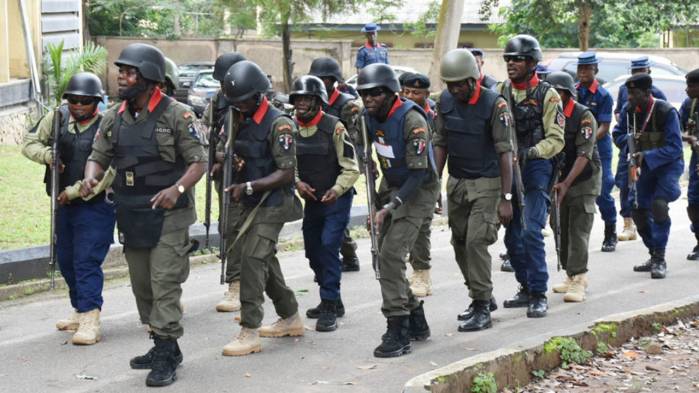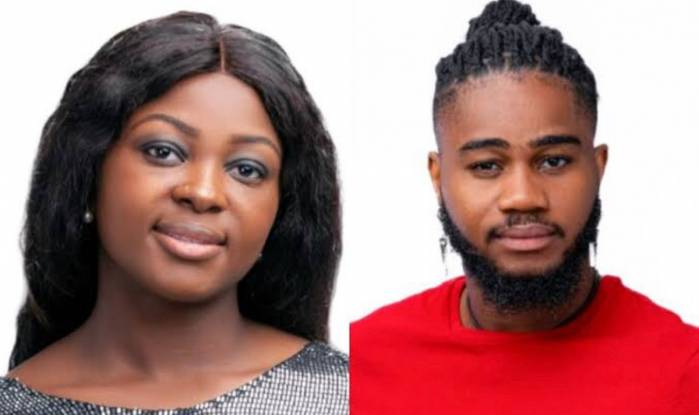Nigerian media professionals and Public Relations executives should join Nigeria in the fight against hate speech and fake news.
Managing Editor of The Next Edition, Mr. Ibanga Isine, made the call in Abuja on Tuesday.
He was presenting a paper – How to manage hate conversations and fake news – at a workshop organised by African Media Network in collaboration with the Nigerian Press Council.
According to him, hate speech and fake news were both injurious to the peaceful existence of a nation and so should be condemned in all ramifications.
For a good appreciation of the dangers of hate speech and fake news, the 2015 CNN African journalist of the Year who is also a visiting journalism lecturer at the American University of Nigeria, Yola, gave a detailed definition of the topic under consideration.
His words: “You can call it hate conversation and hate speech. It is one and the same thing. It attacks, threatens, or insults a person or group on the basis of nationality, ethnicity, color, religion, gender, gender identity, sexual orientation, or disability.
“It is not restricted to spoken words because some signs, conducts, photographs, cartoons, video clips, podcasts, smileys etc., could equally trigger violence and or prejudicial action against an individual, groups and even organizations.”
He explained further: “We can conveniently define hate speech as every form of expression, whether verbal (voice or written) or non-verbal as well as visual actions that spurns, attacks, ridicules, humiliates another on account of his or her nationality, ethnicity, race, religion, gender, sexual orientation and or disability.
“It is highly contagious because what is said or written to ridicule, humiliate and threaten a person or groups of persons might provoke the victim or victims to speak up from a position on the margins of power, thus exacerbating conflict.”
Isine decried present day society’s seething obsession for instant news without necessarily verifying them.
He blamed the development on what he described as the “Instant syndrome.”
“We have instant coffee, instant noodles and now instant news. People are increasingly looking for speedy information which has given rise to a news environment where urgency overtakes the core journalism values of accuracy, balance, objectivity, correctness and fact-checking,” he said.
He also explained that because of the control advertising has on online news sites and blogs, the spread of any instant news no matter how fake, is responsible for the height at which fake news has hit in Nigeria.
He said it had therefore made it difficult for traditional media to catch up.
“Traditional news media which build their brands through integrity, ability to fact-check and investigate are no match to the social media spinners, who do not care insofar as their posts attract millions in hits. The more hits, the more the share of advertising revenue they control,” he said.
On the influence of fake news on elections and campaign seasons, Isine highlighted that right before Brexit referendum and America’s 2016 polls were marred by fake news and hate conversations, Nigeria experienced such in 2015 during the general elections.
He classified fake news as – Deliberate deception, distorted reporting of facts, jokes reported as truth, and contentious truth.
Furthermore, he revealed shocking statistics showing the prevalence of hate speech on the social media space in Nigeria with an AUN survey.
According to the survey, 65 per cent of the respondents agreed that Facebook had the highest prevalence of hate and extremist comments followed by Twitter with 18 per cent .
WhatsApp had 17 per cent.
“The findings tallied with the report of the Dangerous Speech Monitoring System by the Kano-based Center for Information Technology and Development (CITAD).
“Between May 2016 and October 4, 2017, the group recorded 5,978 dangerous speeches targeting ethnicity while 5,276 targeted religion in Nigeria. However, the major driver of fake news remains politics.”
READ ALSO: Hate Speech: Biafra agitators, Arewa youths risk jail terms – Osinbajo
Isine rounded off by urging the participants at the workshop to take proactive measures to checkmate hate speech and counter fake news by fact-checking and verifying the source of the news as well as being more technology savvy.
He finally asked that the “I stand with Nigeria” campaign being designed by students and faculty of the Communications Department of the American University of Nigeria be endorsed, saying that it would go a long way in encouraging young Nigerians to be wary of hate speech and be more patriotic.
Said he: “Students of the American University of Nigeria are involved in campaign to check hate speech and radical comments in the country.
“The project is undertaken under Facebook Peer to Peer Global Digital Challenge for universities.
“With the theme: “I Stand for Nigeria,” and the slogan, “Come Stand with Me,” we will be mobilising young people in the country to counter every hate conversation online and offline with the catchphrase, “I Stand For Nigeria, Come Stand With Me.”
That, he emphasized, would also raise the country’s flag above every condition that divides Nigerians as a people.
“I want to use this medium to invite Nigerians from all walks of life to come join us in this beautiful campaign which will be carried online and offline to heal our nation, unite our people and rekindle a sense of patriotism and tolerance among Nigerians irrespective of their religion, ethnicity, political leaning, gender and social status,” Isine concluded.











